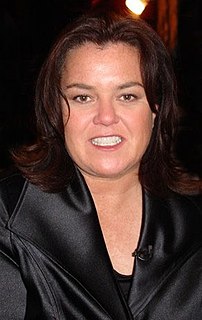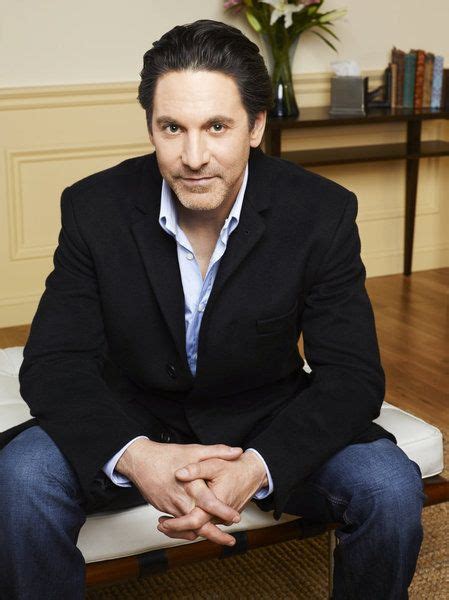A Quote by Sanjay Leela Bhansali
Related Quotes
In a world where irony reigns, where you have to separate, protect and laugh at anything that is honest or has an emotional charge, I bet for catharsis. I like to invest emotionally in things. And catharsis, when it touches the emotional vein, can open the doors of even those who protect themselves.
I think that when you do any kind of theatrical form, (you can't really do this in the theater) the task as an artist is to reach some form of catharsis yourself, and express something that allows an audience to have some form of catharsis. If there's no discovery in what you do, if there's no struggle in what you do to have that discovery, then, there's no meaning in what you do.
Traditional murder mysteries are interesting because they're ostensibly about a horrible thing - murder - but underneath that, they're about restoring order to a messed-up world. By the end of a whodunit, the detective has taken the reader through all the reasons why this terrible thing happened. Through that explanation, and by seeing the killer captured, the reader feels a sense of catharsis.



































